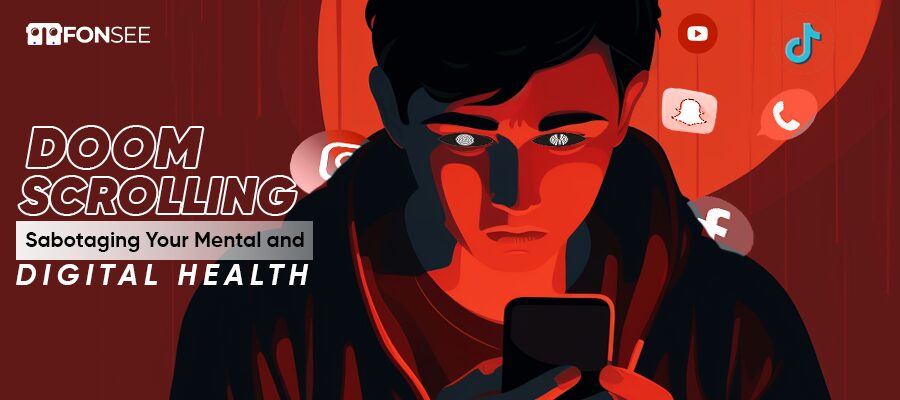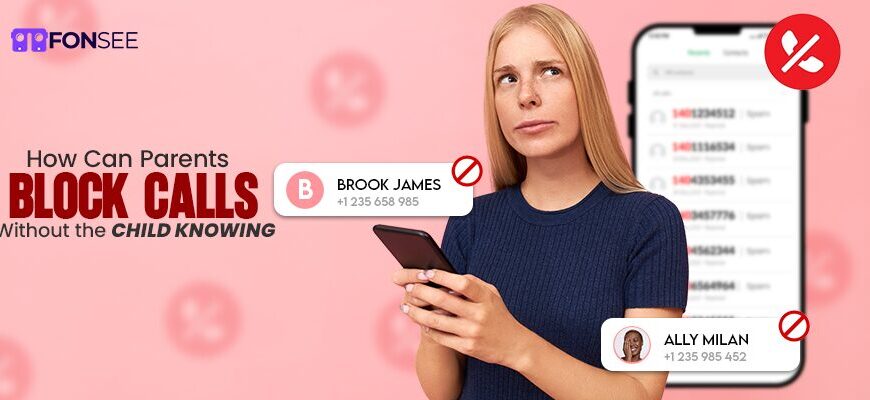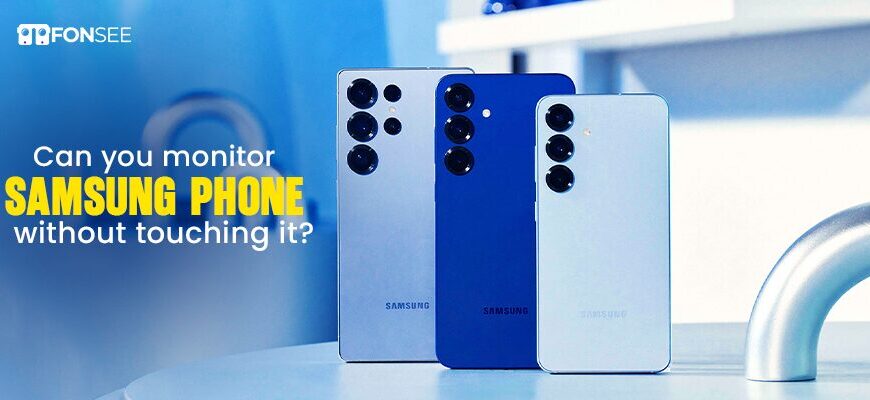Every time we promise ourselves that we will only use cell phones for a limited time, but after all, we don’t. Our one-minute turns into one hour and one hour to so on. Sleep changes into anxiety. Good news, you have fallen into doomscrolling.
We are living things and should know better that resting is vital for our minds. But when digital devices come into our lives, everything alters. Self-employed people should focus on mental relaxation because all their time is spent on work. A digital tsunami robs you of attention, but you can fight it.
That’s why FonSee exists. It is not just an app but a virtual companion that will help you regain control. FonSee does not criticize you for scrolling. Rather, it leads you to moderation. The application allows you to see your online life in a much better perspective; therefore, you can live without worries, think, and sleep well.
You are not supposed to be ruled by your phone. You can now do so with FonSee.
What is Doomscrolling?
Doomscrolling is an obsessive act of scrolling. It can cause negative online content to be consumed, often for extended periods. The practice of spending a lot of time on social media is called doomscrolling. It may lead to stress, depression, and anxiety. The convention starts when the brain is in danger.
The habit of constantly scrolling puts the brain at risk. However, it can be worse for our mental health, which is more important for consciousness.
The danger of doomscrolling should never be ignored if you are newly addicted.
Doomscrolling remains innocent at first: a quick scan of the news, a death read, an alt to keep up. However, curiosity may be compulsion. That naive custom gradually fades your sanity and your time. With every swipe, you put yourself deeper into worry and tiredness. The fact is: doomscrolling is not only the consumption of time, but it silently moves your powers, concentration, and pleasure. The following are the hidden dangers of doomscrolling that you should be aware of.
1. Mental Health Meltdown
Doomscrolling feeds the brain with a constant feed of fear. The situation is critical, comments are at their peak, and your mind is regularly alert. This harsh cycle causes anxiety, depression, and disturbed hormones, especially in women. You can pass with the mood swings and emotional instability that you can’t determine. It is not the weakness; your brain is trying not to lose consciousness through overstimulation.
2. Digital Fatigue
Infinite scrolling can be a way to relax as near to the user, but in depth, it doesn’t. Your brain always produces posts, comments, and notifications that do not concentrate your mind. All the scrolls depend on Like? Read more? Click next? The fact is that switching your brain requires more mental energy than you can tell. You are busy, but productivity goes down. You are still scattered in thoughts even when you are not online, making tasks in the real world more challenging. Doomscrolling does not relax the mind. The further you run after digital stimulation, the less you are left with the power to be creative, clear, and well-linked.
3. Sleep Disruption
Among the worst of the rituals of our age is the late-night scroll. What could have become a quick look before going to sleep transforms into an emotional disaster of bad news and posts that make people jealous. The outcome is that the night turns out to be restless, and your mind runs back over the contents of yesterday. Night is the name of relaxation because human minds need leisure for a strong consciousness. If you waste your night scrolling, can you sleep properly? The doomscrolling can disrupt your sleep, which can cause mood swings and irritability.
4. Emotional Exposure
Initially, empathy fatigue is a feeling of being weighed down when faced with one piece of bad news after another. It then graduates into desensitization. You roll over sorrows and griefs with cold apathy. You are not dead; giving up, your head cannot sustain any more trouble. The deluge of disillusion cuts off pity as repellent. This may lead to numbness or guilt, where you will feel that you are not responding to what has been touching your heart.
5. Lost Time, Lost Presence
The hours pass by without notice, and every scroll on the scroll promises next but a few minutes. By the time you reach the peak, you have lost full days. It is not the hours, but the moments of reality. You failed to talk with family and spend time with friends because doomscrolling changed your behavior. Doomscrolling substitutes your reality with the noise of another one. It kills the memory of the time you’ve lost one swipe at a time, robbing your life.
Doomscrolling is a quiet habit millions of people, particularly women, have taken up.
Scrolling never stops in the modern, globalized world. Current research indicates the doomscrolling spiral has diminished in its impact. Roughly 31% of adult Americans say they regularly engage in doomscrolling. The younger generations are setting the trends: 46% of Millennials and more than half of Gen Z report being unable to take the lead.
The gender disparity makes it more difficult. Besides, women are more likely to waste their time than men by doomscrolling (67% of women versus 61% of men). Partially, 10% of Indian women scroll late at night due to their convenience time, a 57% increase from the previous year.
According to reports, it is still open until midnight.
These figures demonstrate that doomscrolling is not just a bad habit. It is an emotional and algorithmic design for individuals.
FonSee: The Smarter Way to Stop Doomscrolling
We know we all have devices and mostly focus on the endless scrolling in our free time. We thought we were watching the last video, and they enjoyed our peaceful sleep, but it didn’t. When we scroll through one video, the next one also catches our attention, and so on. That’s why FonSee comes out for help. A powerful monitoring tool will not interrupt you and your phone usage routines. FonSee is not designed to restrict the screen time app; it’s a mild reminder to set up your digital life. FonSee understands that you don’t need to discontinue your phone; you just need to use it differently. By tracking your scrolling rituals, reminding you to take breaks, and helping you wind down at night, FonSee turns your phone into a tool for leisure instead of tension.
The Purpose and Core Objectives at FonSee
The purpose of FonSee is to help people regain some balance in a world that never stops scrolling. It not only wants to restrict the use of screens, but also to change the way we experience technology, mostly mentally, emotionally, and behaviourally. The app is a way to promote mental health because it provides a stress-free and focused online environment. FonSee will allow you to recreate the time and energy you need to get focused and to have the time and attention to focus on goals that matter. It would assist in shaping better digital practices not by giving hard rules, but by providing subtle guidance and awareness. Technology is used to bring clarity, rather than mayhem, with FonSee.
Conclusion:
Doomscrolling is unlikely to disappear overnight. It is a behavior shaped by digital noise and emotional prompting. However, the consciousness and appropriate direction can change that trend.
Using FonSee, you can maintain your online existence and learn to live consciously. As soon as the never-ending scroll ties you down, stop and breathe. You don’t have to run away with your phone; you simply need FonSee to find your way to a more peaceful, clearer, and conscious online life.



